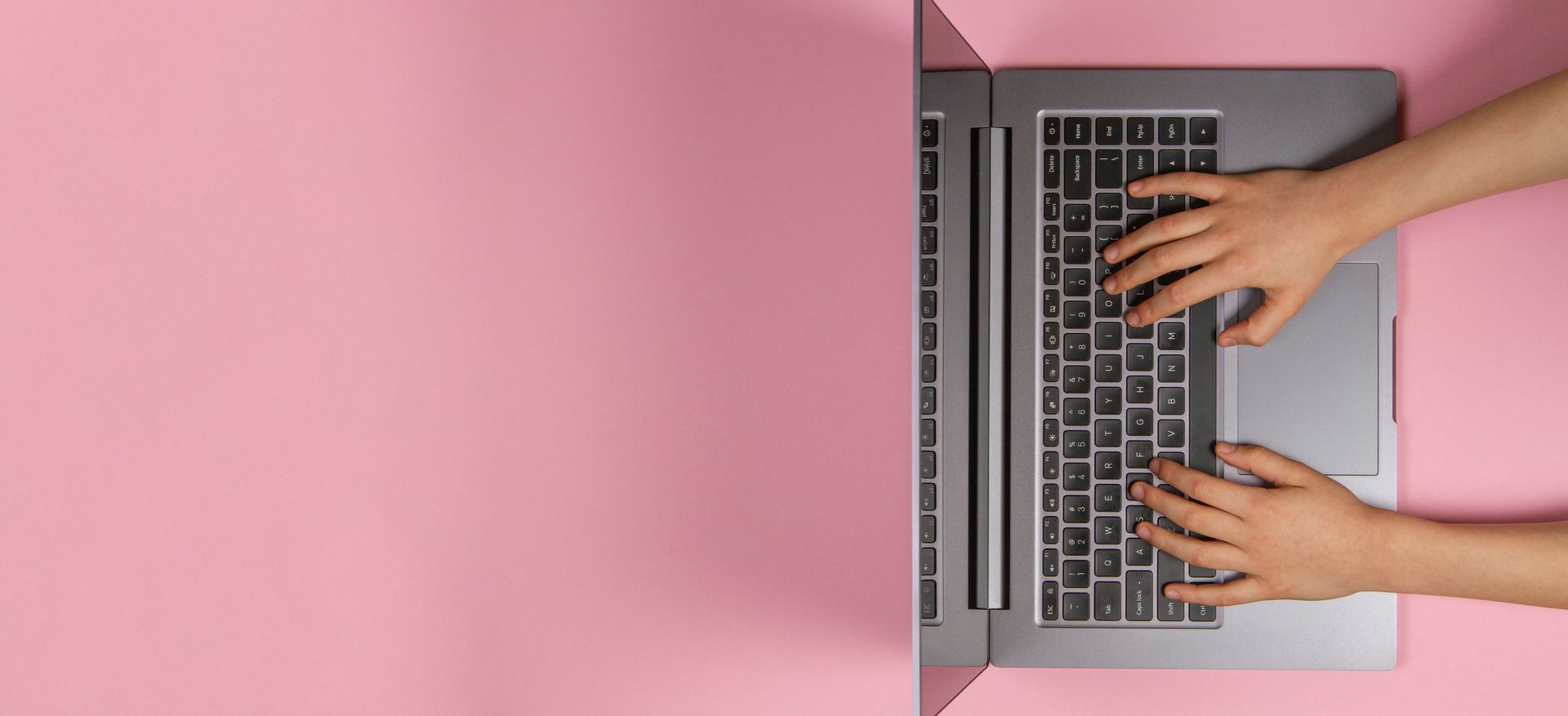Parenting Mental Health is a charity that exists to improve the experience of parenting a child through poor mental health, so, we’re used to distress. We see a lot of it: from anxiety and depression, to eating disorders, self-harm, and far, far too many suicide attempts. And we see much of it through our amazing digital communities: safe, well moderated, judgement free spaces where over 40,000 parents convene daily to share their experiences and gain support and a sense of not being alone. We’re deeply proud of our caring and supportive corner of the internet.
But we’re seeing parents becoming more and more concerned about the impacts on their children of extreme content accessed via social media. Much of this content would make us adults squirm, look away or take to the streets in outrageous protest if it played out on any other medium than social.
So, when we were invited to join the Dove campaign on making social media safer for our children, we knew immediately that we wanted to support it. We see the daily impacts of disconnection brought about through inappropriate content online and believe that the voices and experience of the parents we support deserve to be recognised and heard by those with the power to change social media. We see the impact unrealistic representations has on young people, and while we also see the power of social media for positive wellbeing and connection, we wholeheartedly support Dove’s campaign to challenge the accessibility to and presence of toxic content that feeds into young people’s growing brains at such a key point in their development.
Without a clear and consistent schedule of whether our child will see something delightful or damaging when they go on social media, it can feel as if they are rolling the dice. What will they see this time? What might a simple ‘like’ take them to next time? With algorithms that exist and evolve to make the act of searching and staying online more enticing and exciting than ever before, the uncertain and unpredictable nature of the content that is being served up serves only advertisers and technology companies, not our children.

The inputs into this generation are vast and vastly different to when we grew up: people, perspectives, ideas, and ideals that we may understand as parents aren’t real or realistic, but our child may not see it that way. Seeing unrealistic and often unreal representations can damage self-esteem and confidence. We are layering adult expectations of discernment and debate on young brains that aren’t fully grown. We are asking them to be the responsible ones, rather than battle billion-dollar companies who seek to keep them coming back for more and using confirmation bias against them to lock them into cycles of scrolling, often through damaging and unhelpful content. We know that adolescence is a time for exploration and our children should be able to do that without harm. Sadly, algorithms are on the way to normalising it. Our children deserve better.
And when we talk about children, we must remember that this isn’t an amorphous, faceless group - each child, like Mary in the Dove advertisement, has a history, a life, and a future. Each individual has a right to be safe and to be able to use and benefit from social media without being taken to dark corners and darker content. As the writer Stewart Brand once said, technology is 49% bad and 51% good. Social media platforms connect us brilliantly, especially in times of need, but we need to stand up against the ways that they divide us and our children from safety, from what is helpful, and what is good for us.
Look to the data about social media use and its impacts, and you can discern both sides of this complex debate on causality and correlation. But when a child is taught how to harm themselves, made to believe that they are wrong or un-loveable, or encouraged to suicide, we all need to stand up and say, no more. While we wait for academic research to catch up, Parenting Mental Health is proud to support parents just like Mary’s mother through these extraordinary experiences and to add our voice and support to the Dove campaign to protect young people’s mental health and make social media safe by design.
